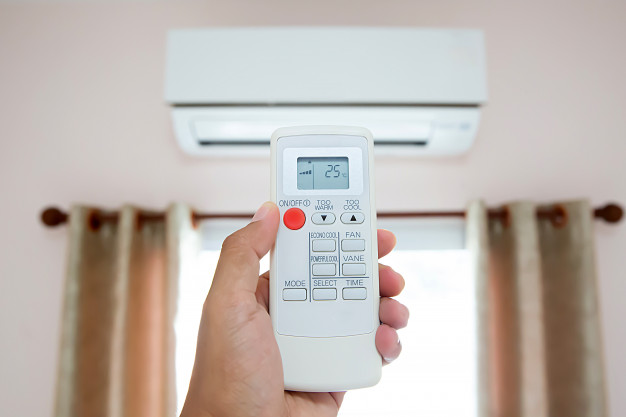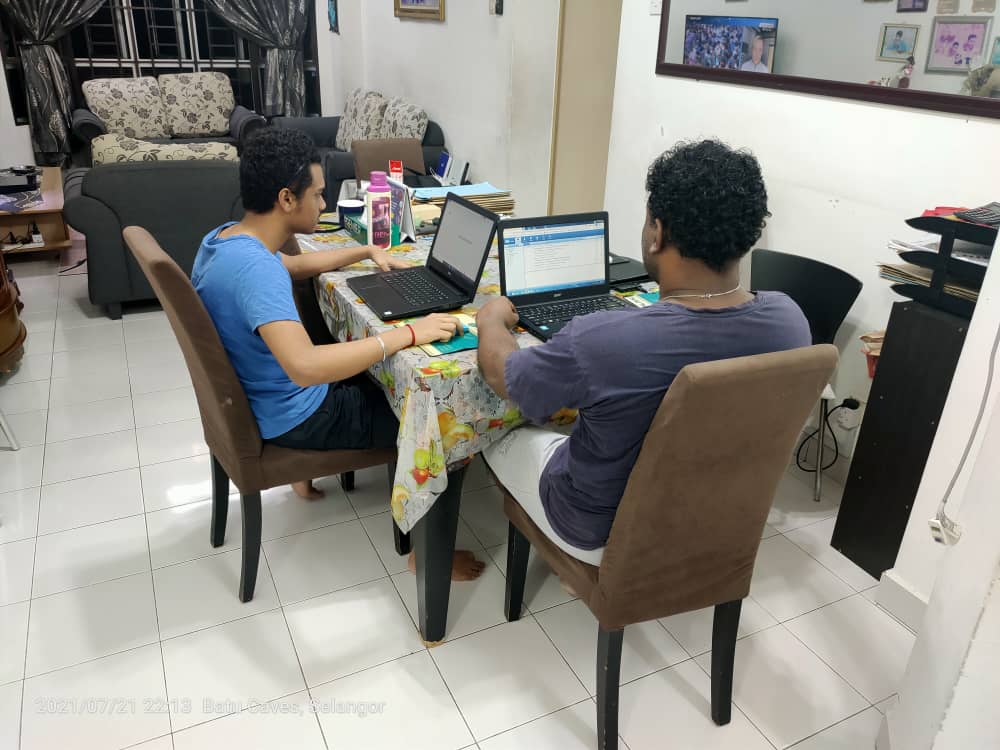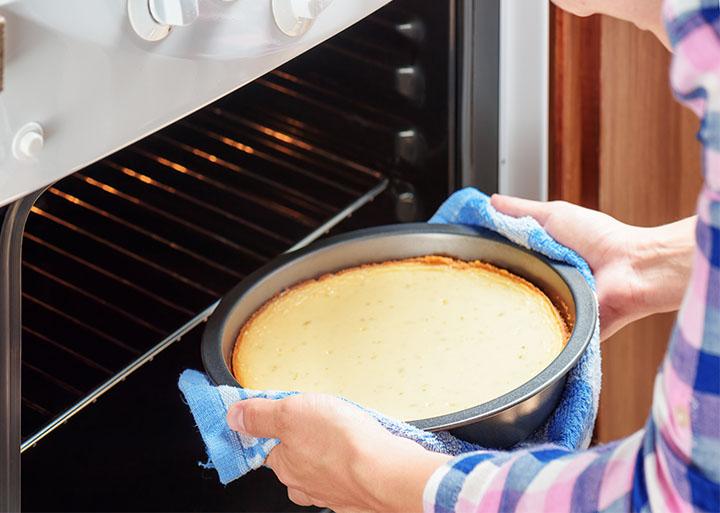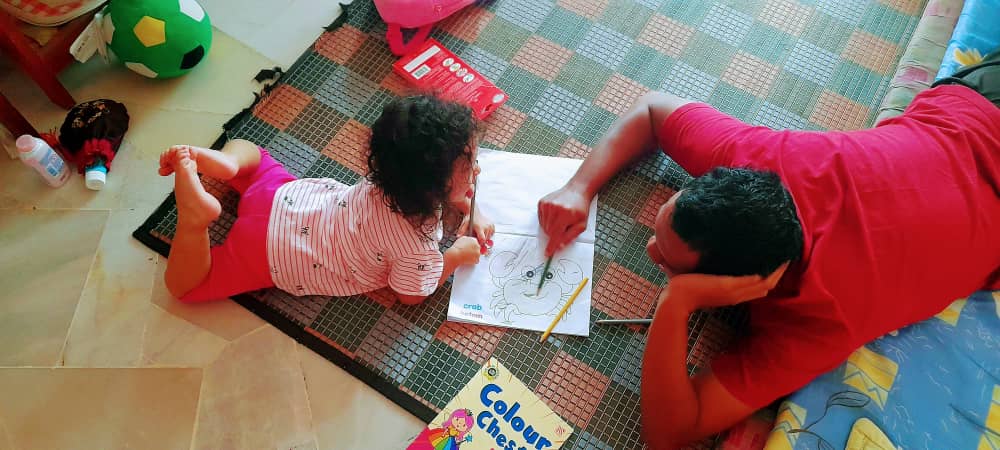Times are tough. Lives and livelihood have been lost to Covid-19 and the various iterations of the movement control order (MCO) to combat it. Scores have seen their income affected. With most of the nation now in Phase 1 of the National Recovery Plan (with some states in Phase 2), energy consumption at home has risen as a result. Malaysiakini asks a cross-section of Malaysian households how they cope with being stuck at home and what they do to keep themselves occupied while ensuring their energy consumption is efficient and manageable.
Being stuck at home is not natural for humans, as we are a highly interactive species. “We like to go out and mingle, be around other people. Some very socially-active people may even rebel against staying home,” noted Saravanan K.
“But in this pandemic, safety is the most important thing,” he stressed, and all our respondents concur.
“The pandemic is serious, and we will cooperate with the government's SOP [standard operating procedures],” said John Han, a very sociable person by nature.
“The MCO has definitely been harder for some of us who are used to working alongside others outside of the home. But there’s nothing much we can do about it since MCO is a good initiative to prevent the spread of Covid-19,” says Santy Syazwanie.
Meanwhile, Chan Jit Hoong is thankful his job and income have not been affected. Nonetheless, the months of working from home, not meeting up with colleagues and friends, have taken a slight toll on his mental wellbeing.
Indeed, both working and studying from home have their challenges.
Saravanan K shared how his Form Five son had it tough at the beginning due to a slow Internet connection. “It was stressful, physically and mentally at first because at school you have everything in place but the important thing here is safety first. Now he has adapted to the new measures.”
The combination of many individuals working and studying at home can be especially challenging, as the SeeToh three-generation household of five could attest. Here, two working adults and two teenage students frequently “compete” for Internet bandwidth. Having classes and virtual meetings in different rooms also drives up energy consumption, especially when it’s a hot day necessitating the use of air cons.
To be more energy-efficient, the SeeTohs restrict the use of air cons to really hot days, and study/work in one common area/room whenever possible. Fans, lights, etc are promptly turned off when not in use. The use of solar-powered water heaters also helps a fair bit in this household’s energy efficiency.

Needless to say, increased energy usage is more acute a concern for larger households. Santy Syazwanie and Chia Yoa Yan’s family of seven experienced a substantial increase in energy consumption as “appliances see significant increase in hourly use every day, especially the Wi-Fi router, computers, fans, TV, air-conditioning and lighting during the MCO periods.”
This three-generation family of two retirees, three working adults, and two school-going children has become more energy conscious as a result. “We try to reduce air-conditioning usage, like only 4-5 hours at night. We try not to use the air con in the daytime, using only the fans,” Santy shared.
The Chias also advocate using LED lighting as LED is more energy-efficient than conventional lightings like incandescent bulbs and fluorescent tubes. “Turn off and unplug unused home appliances too,” Santy added.
Saravanan said the electricity bill is definitely one of the top worries for his household of three working adults, a retiree and a teenage student. “Given the significant increase in energy consumption, we are very mindful when using electricity,” he said.

Given how energy-guzzling air-conditioners are, all homes are keeping their usage to the minimum, not just the large ones. Cleaning the air con filters regularly would also help in keeping them more energy-efficient – air con manufacturers recommend cleaning the filters at least once a month.
To further reduce the cost of running the air con, consider using the “dry” mode, which uses substantially less energy. Given Malaysia’s very high humidity levels, the air feels several degrees hotter than the actual temperature. Rather than always using the “cool” mode, use the “dry” setting to remove some of the moisture from the air for a more comfortable humidity level.
Mohd Faliq Mustafa Kamal and his young family of three use the air con almost every day and night, unless it rains and the weather is cool. But he has worked out his own formula of efficient use – only one unit on at any one time, and the unit is turned on for only two hours each time.
Chan’s family of four – two working adults and two retirees – saw only a slight 10-20% increase in energy consumption during the MCO periods due to the sparing use of air con while working from home.
Meanwhile, the question of whether to turn on the air con or not is moot in the house where Alice Lam lives with four housemates. The house has no air con units, or even a TV! They have their own laptops for work and play. Their energy consumption has been pretty efficient already and only rose slightly during MCO periods when everyone worked from home.
“One of my housemates loves cooking and baking. Maybe because of that, our bill rose slightly. But we’re not complaining. We encourage her to cook and bake more! We are more than willing to share the cost of ingredients and take turns to do the dishes after,” Lam said.

They also occasionally declutter their fridge by clearing expired foodstuff, and cool off any leftovers before putting them in the fridge – these actions help to keep their fridge running efficiently.
Far from being stressed out, Lam and her housemates have found the whole experience of working from home rather enjoyable. Ah, it’s blessed to be stuck at home with good friends. Bonding with friends is a great stress reliever, and does wonders for one’s mental wellbeing.
Meanwhile, adjustments aside, families are taking advantage of the lockdown to spend quality time with each other.
Santy said that outside of her work hours, “I fill my time during this MCO period completely with family activities, especially with my children. We also spent family time together doing house chores, light exercise and some gardening,” she said.
Those with boisterous younger children have also found ways to keep them entertained.
Faliq’s three-year-old daughter relishes having her parents home all the time, especially when they prefer the old-fashioned pre-Internet ways of playing with and engaging her instead of leaving her entertainment and education to screens.

Han, likewise, is minimising his six-year-old son’s screen time, and not just to conserve energy. Instead of watching the TV and playing video games, the child is enjoying the mental stimulation of building stuff with Lego.
Mohd Ashraf Abu Bakar and wife have a range of activities they do together with their three children aged 6 to 12, including fitness training, games of chess and monopoly, and watching the TV. Ashraf is particularly pleased that his children now know how to play the piano after just four months of learning via an app on the iPad and practicing on a cheap keyboard.
“We’re coping (with the MCOs) better than expected!” he said.
Being stuck at home has its many challenges, including increased energy usage. By being more energy-conscious and adopting energy-efficient ways, we will have better control of our energy bill, creating savings as well as helping to develop a cleaner and greener Malaysia for tomorrow. Let us all do our part – know our power and live smart. For more information and home energy-saving tips, visit TNB’s website here.
Download myTNB app here to help you better manage and monitor your monthly electricity usage.

